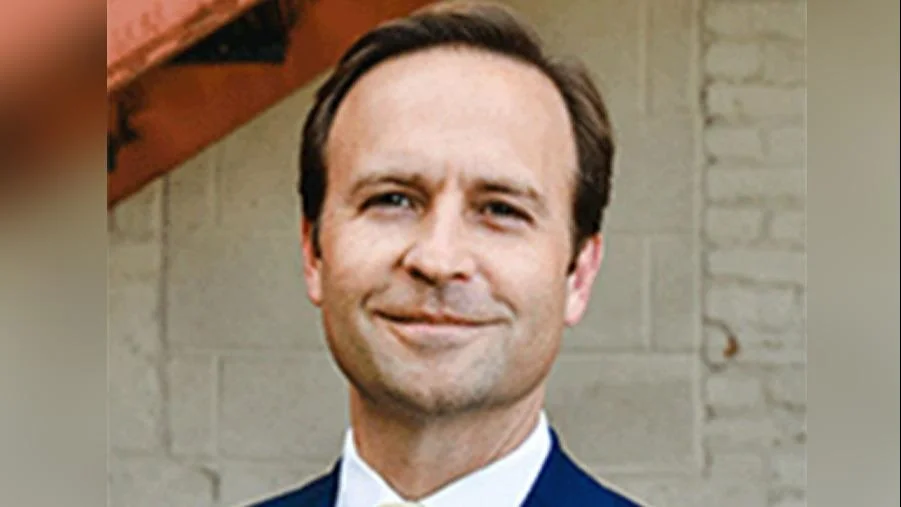Brian Calley President and Chief Executive Officer at Small Business Association of Michigan | Official website
Brian Calley President and Chief Executive Officer at Small Business Association of Michigan | Official website
With less than three weeks remaining before a possible state government shutdown, Senate Appropriations Chair Sarah Anthony (D-Lansing) said that no major decisions have been made on the budget agreement.
“I’ve been frustrated because we’re not meeting enough to actually get to the heart of these negotiations . . . whether it is work projects or how we’re going to address holes related to the federal tax changes, none of those pieces have been decided at this juncture,” Anthony said. “Twenty days before a government shutdown and the major decisions have not been made.”
Anthony stated that while discussions are happening among top budget negotiators in Lansing, there has been little actual decision-making, which she finds frustrating. She noted her practice of reaching out to previous Senate appropriations chairs, all Republicans from 1985 through 2022, for perspective. According to Anthony, they told her that typical budget negotiations take four to six weeks even in normal years.
“What they tell me is a few things . . . that these budget negotiations in a normal year, regardless of who’s R or D, take somewhere between four (and) six weeks just to go line-by-line, budget-by-budget,” Anthony said. “(House Speaker Matt Hall (R-Richland Township)) has put us in a very dangerous position as it relates to this budget process.”
On Wednesday morning, Anthony held a press conference with Sens. Mallory McMorrow (D-Royal Oak), John Cherry (D-Flint), and Sylvia Santana (D-Detroit). They criticized elements of the House Republicans’ general government budget bill, HB 4706, which passed the House on August 26 by a vote of 59-46.
Senate Democrats raised concerns about HB 4706’s approach to saving money by eliminating unfilled full-time job positions within state departments. They argued that funding for full-time equivalent (FTE) positions also covers overtime and part-time or contract workers and that removing these positions could have broader impacts.
Democrats also objected to proposals in the House bill that would reduce Medicaid-covered direct care agency rates by $4.56 per hour and move $330.5 million in Supplemental Nutrition Assistance Program funding into an isolated fund requiring legislative approval for transfers and additional fraud reporting.
McMorrow discussed past efforts to redirect unused funds from large corporate development projects back into the state’s General Fund if those projects do not meet expectations. “I think there is (grief) on both sides of the aisle that we need reform (around) work projects, especially related to economic development,” McMorrow said. “There is space for agreement to address some of those things while acknowledging the misinformation. The idea that we are somehow spending on positions that haven’t been filled instead of that money rolling over to the next year is simply false.” She added that starting negotiations earlier would be necessary for such reforms.
The debate over so-called phantom FTEs was also addressed on a recent episode of the MIRS Monday Podcast by Sen. Jeff Irwin (D-Ann Arbor) and Rep. Phil Green (R-Millington). Green explained his proposal as chair of the House Appropriations Public Health Subcommittee to remove 139 FTEs from certain departments.
“It seems that this is sort of an accounting gimmick where they will ask for a certain number of employees – FTEs – and then they’ll be able to shift that money inside the line item,” Green said.
Green described how unfilled positions can result in leftover funds being redirected within department budgets: “So what we want to do is make sure that we have truth in budgeting, that we know how much a program is costing along with how much the FTEs are costing,” he said. “We can call them phantom FTEs or phantom employees . . . come the end of the year, now there’s a little bit of a slush fund there.” He further explained this unspent money allows departments flexibility for other expenses.
For more news and resources about Michigan politics and policy issues affecting small businesses, visit SBAM's Lansing Watchdog newsletter at https://www.sbam.org/.






 Alerts Sign-up
Alerts Sign-up